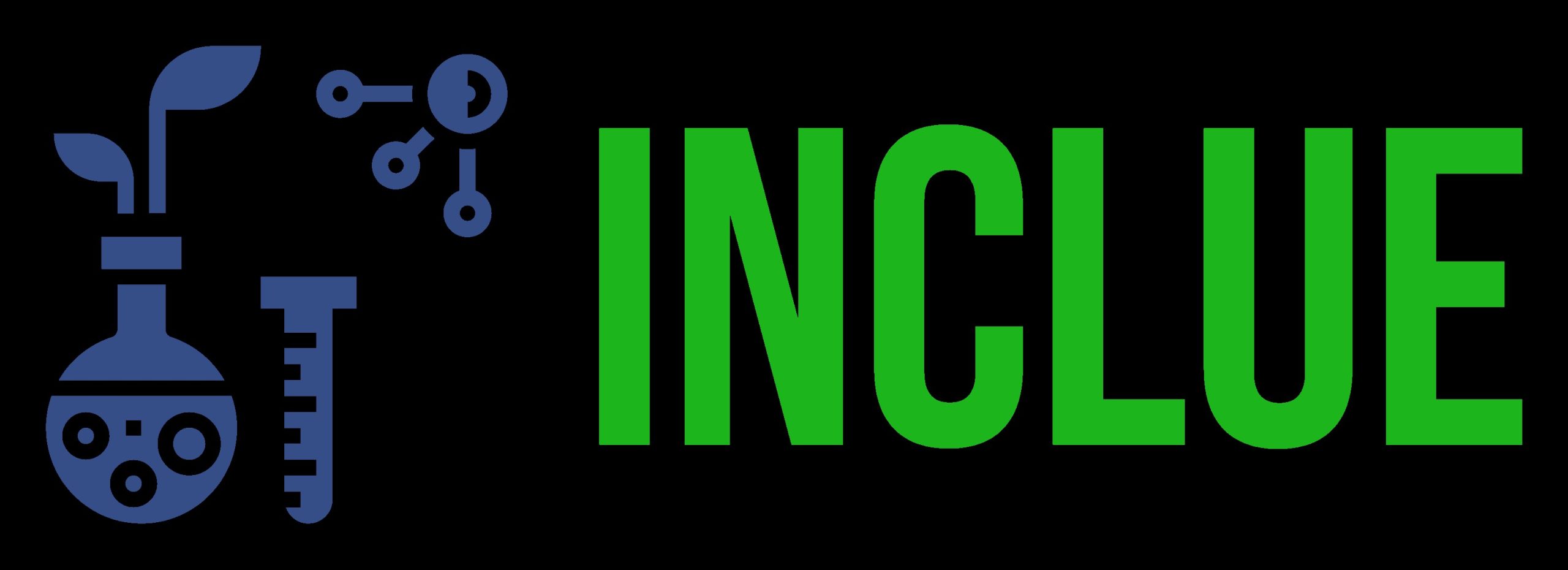
The overarching aim of INCLUE is to provide top-level training to a new generation of high-potential doctoral candidates (DCs) in a crucial field of today’s society: the exploitation of organic waste streams as a resource. In this training through research program, INCLUE doctoral candidates will focus on sustainable and circular solutions to treat wastewater treatment sludge containing a wide variety of (in)organic pollutants, enabling the application of this untapped resource for renewable chemicals, materials, fuels and fertilizers. INCLUE hereby responds to the European Green Deal and Farm-to-Fork strategy, in which sludge has been identified as a prime biogenic renewable resource to boost circular economy in terms of renewable energy generation and organic fertilizers production.
The research objectives are:
Develop and optimize sustainable techniques to enhance the properties and composition of sludge through removal of (in)organic pollutants to eliminate any adverse effects for sludge application (i) in a subsequent bioconversion process or (ii) directly as a fertilizer on land.
Develop augmented fermentative bioconversion processes to produce renewable chemicals and fuels, and to recover nutrients from municipal and industrial sludges, potentially combined with pre-treatment technologies.
Create tools to assess the overall environmental performance of treated sludges towards toxicity, pollutant soil dynamics and agricultural fertilizing value in a combined decision support tool for 5 different types of pollutants: pesticides, endocrine disrupting compounds, heavy metals, PFAS and antibiotics. Develop a socio-economic evaluation tool, to support decision-making and societal acceptance.